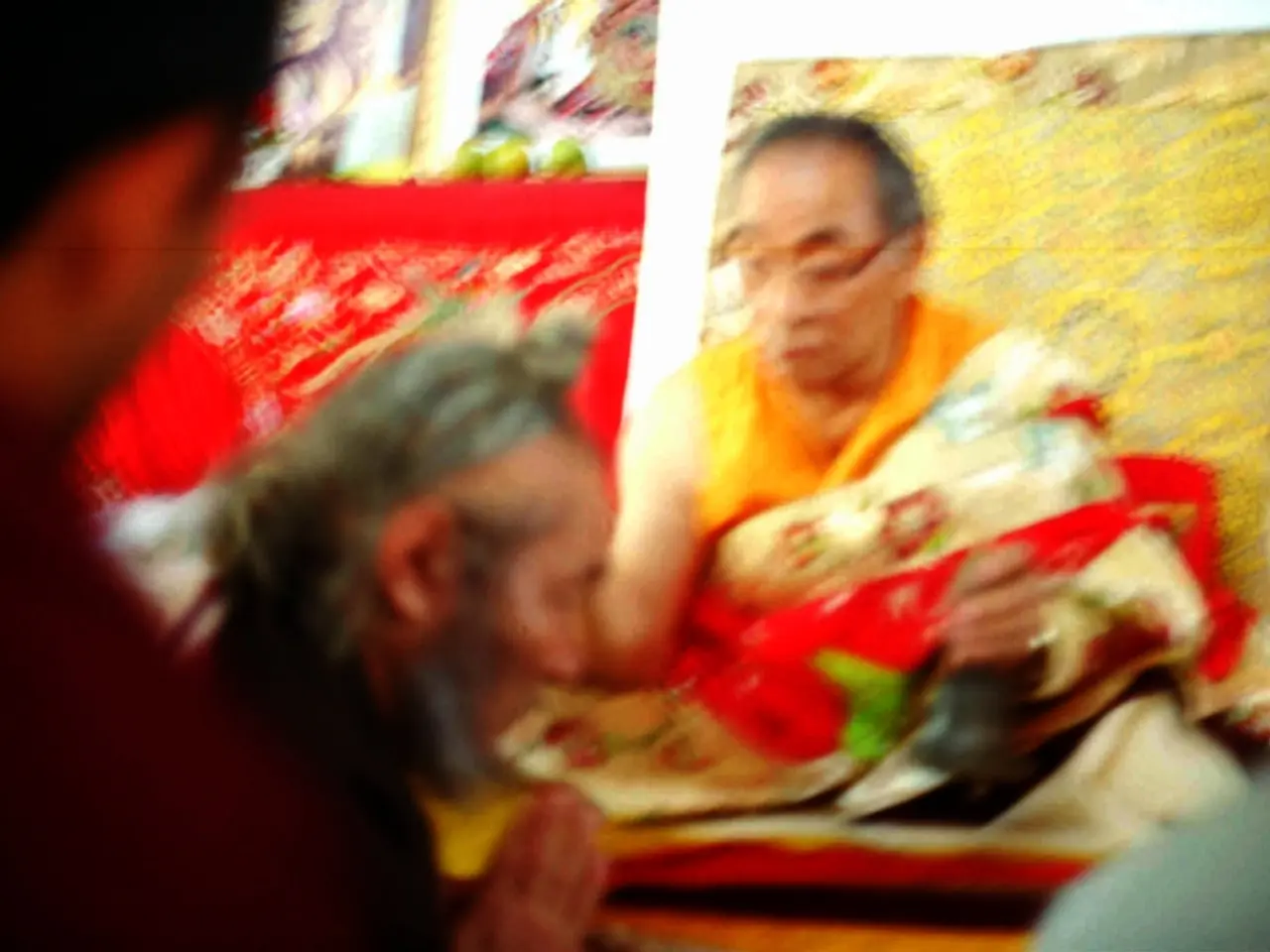Overcoming the Compulsions of Jealousy and Competitiveness
In the realm of personal growth and spiritual health, the Baha'i faith offers a unique perspective on competition. Rather than viewing it as a source of rivalry or conflict, Baha'i teachings consider competition as an opportunity for growth, cooperation, and unity.
This philosophy encourages respect for others, fostering collaboration and dialogue in solving shared challenges. It emphasises self-improvement and excellence, free from destructive envy or hostility, mirroring the ideals of sportsmanship in athletics.
In terms of personal well-being, this approach promotes spiritual growth, peace of mind, and unity, rather than stress or hostility. By fostering unity over rivalry, individuals can experience improved mental and emotional well-being through cooperation, mutual respect, and a sense of shared purpose.
The Baha'i faith's holistic and inclusive approach to competition contrasts sharply with views that see it purely as a zero-sum contest. This perspective, rooted in the progressive unfolding of truth, not only uplifts the individual but also contributes to the collective well-being, supporting collaboration across differences for justice and global challenges.
However, the Baha'i writings do not explicitly detail the negative effects of competition on personal well-being. But the emphasis on unity and cooperation implies concern for the divisiveness and personal harm that rivalry can cause.
In a midwestern city culture where avoiding conflict and confrontation was the norm, an individual found themselves comparing their "success" with others through social media, influenced by America's love for competition. This comparison led to feelings of jealousy and self-competitiveness, often causing physical symptoms like feeling sick to the stomach or having a hot face.
Recognising this influence, the individual began to reorient their competitive energy towards internal development goals, making striving for excellence feel rewarding instead of causing insecurity. They also focused on supporting others and community building, helping to shift their attention away from self-competitiveness and jealousy.
Baha'u'llah advised against deciding one's own capabilities based on the size of one's achievements, emphasising that the portion of abilities given to individuals can vary greatly, from a palm to a gallon. This perspective encourages humility, helping to alleviate feelings of jealousy and insecurity.
In conclusion, the Baha'i faith offers a refreshing perspective on competition, emphasising its potential to uplift rather than undermine individual and collective well-being. By fostering unity, cooperation, and self-improvement, individuals can lead fulfilling lives, free from the destructive effects of jealousy and competition.
In alignment with its teachings, this refreshing perspective on competition in the Baha'i faith extends to other aspects of life, promoting unity and collaboration in lifestyle, relationships, education-and-self-development, and personal-growth.
Individuals following this philosophy can effectively work together, fostering a connected and supportive environment that encourages growth and mutual respect, rather than fostering jealousy and self-competitiveness.




